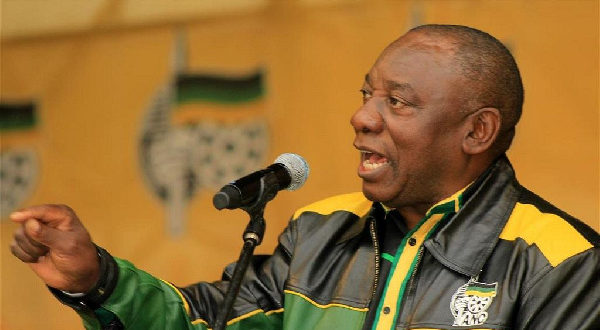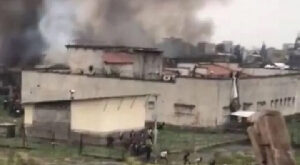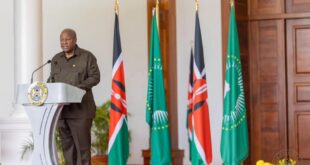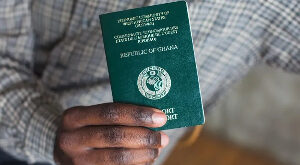South Africa has terminated a national state of disaster that was declared to mitigate the effects of a severe drought, even though some areas haven’t had sufficient rain for more than seven years.
The decision not to extend the four-month state of disaster beyond July 4 was taken after “reassessing the magnitude and severity of the drought conditions in the country” and consultations with provincial disaster management centers, Mmaphaka Tau, head of the National Disaster Management Centre, said in notice in the Government Gazette.
Agri SA, the country’s biggest commercial farmers lobby group, criticised the decision, saying organized agriculture should have been consulted.
Parts of South Africa’s central livestock farming area are in the grip of the worst drought on record and producers are buckling under debt they took on to feed their animals. Dam levels across the country, with the exception of Western Cape, have been dropping according to the Department of Water and Sanitation.
The state of a disaster enabled the disbursements of additional cash and stockfeed for farmers. Finance Minister Tito Mboweni allocated R466.4 million from an un-allocated disaster relief fund in a June 5 Gazette notice, but Agri SA said it was unclear if the money was to be used to tackle Covid-19 or for drought aid.
The government also declared a national state of disaster for the coronavirus pandemic in March, which remains in place.
The government is “playing with fire” by not providing more assistance to farmers during the pandemic, Agri SA Deputy Executive Director Christo van der Rheede said. Ensuring the country had sufficient food was integral to managing the virus outbreak, he said.
NEWS24.COM
 Home Of Ghana News Ghana News, Entertainment And More
Home Of Ghana News Ghana News, Entertainment And More





